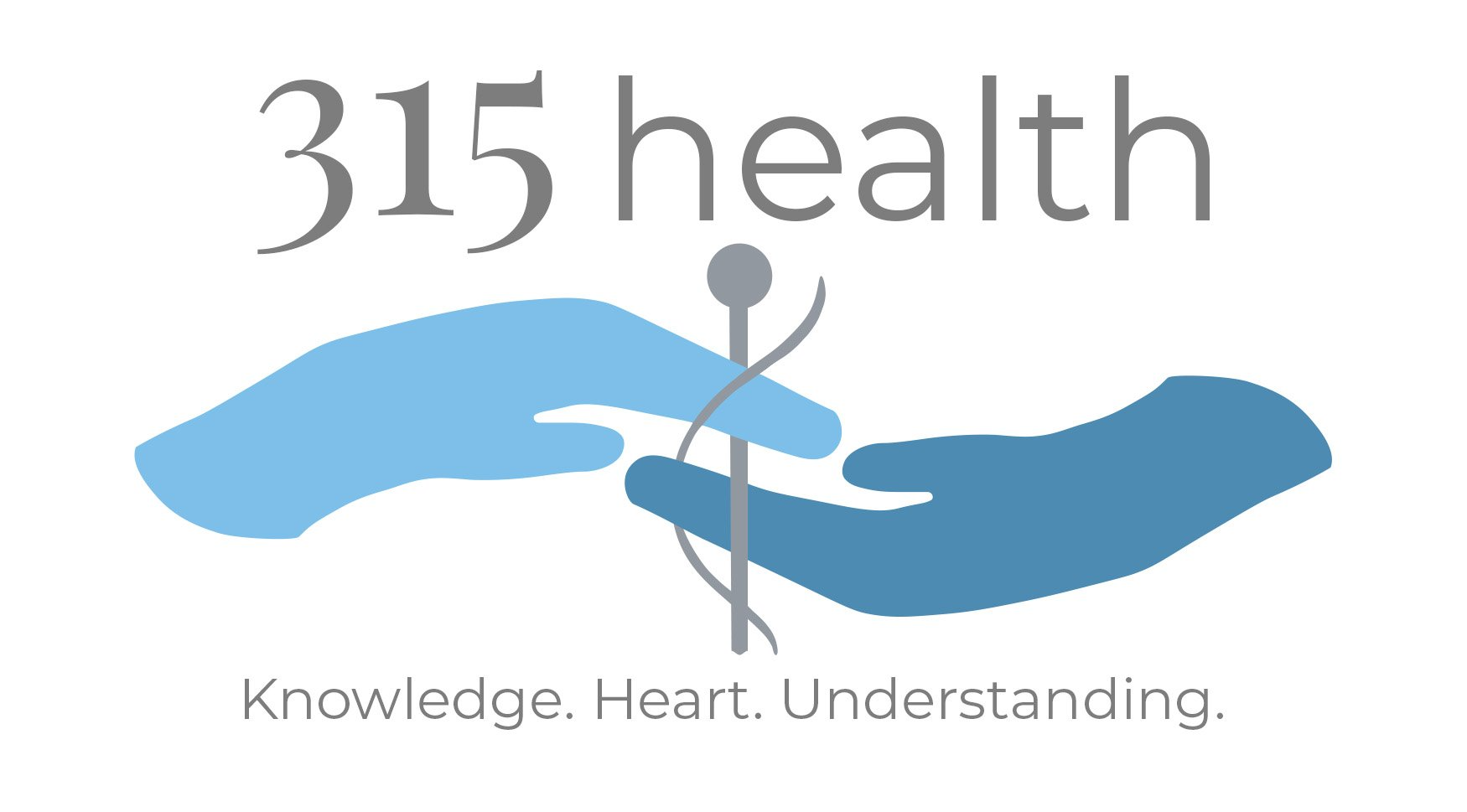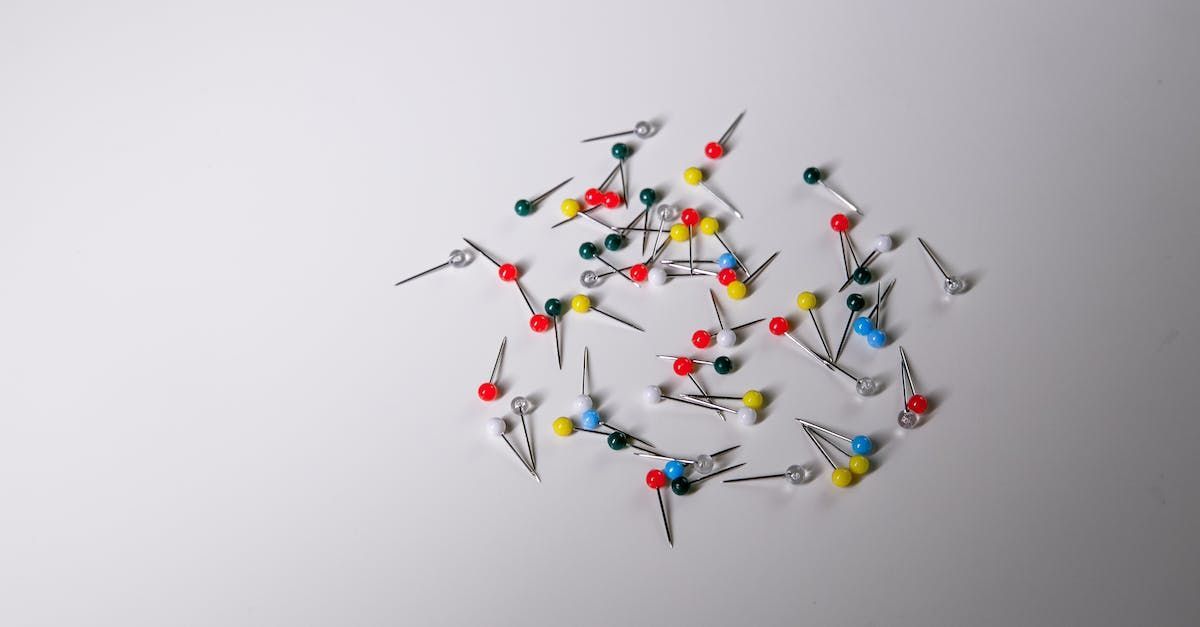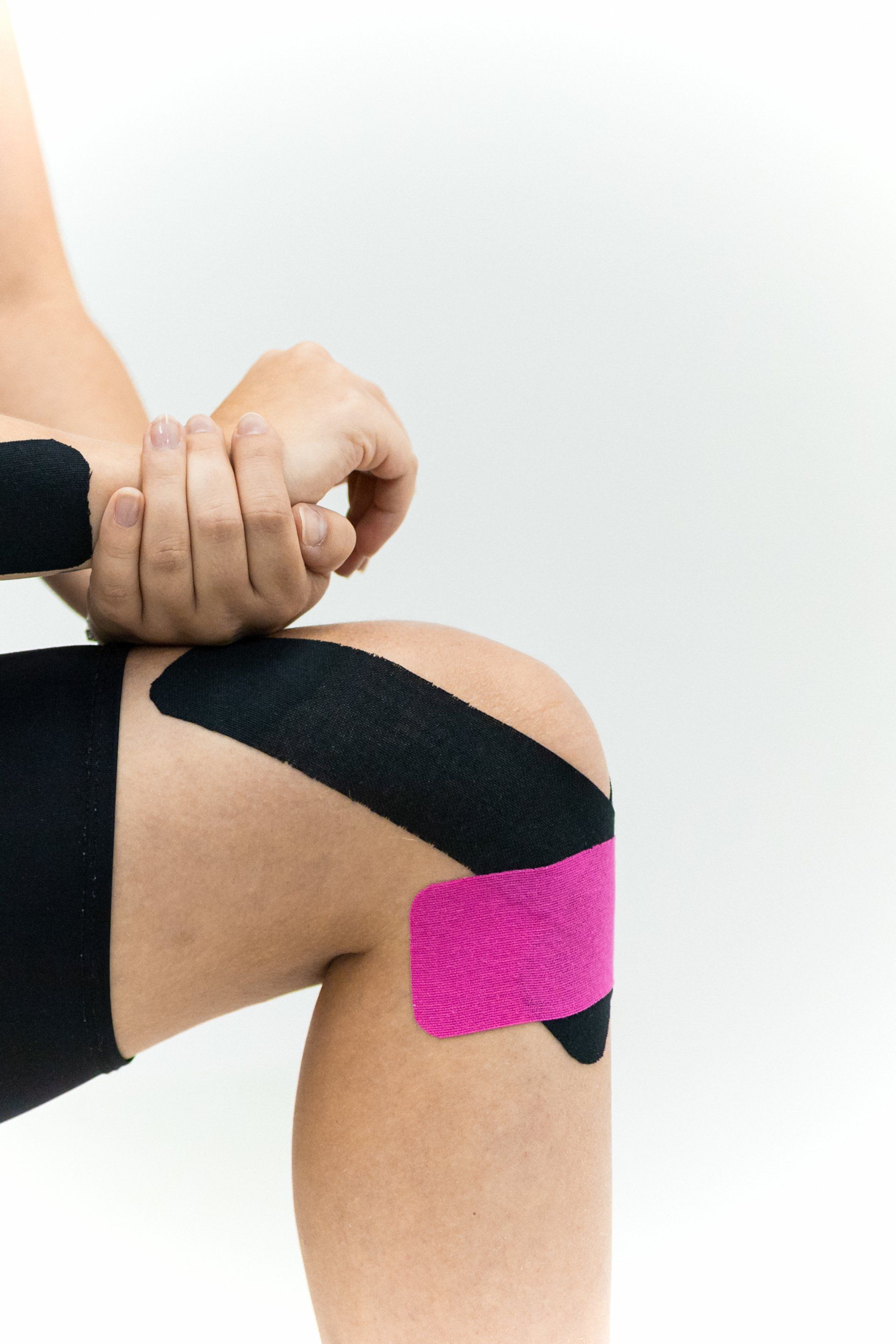Home Safety Checklist for Alzheimer's Disease
Home Safety Checklist for Alzheimer's Disease
Use the following room-by-room checklist to alert you to potential hazards and to record any changes you need to make to help keep a person with Alzheimer’s disease safe. You can buy products or gadgets necessary for home safety at stores carrying hardware, electronics, medical supplies, and children's items.
Keep in mind that it may not be necessary to make all of the suggested changes. This article covers a wide range of safety concerns that may arise, and some modifications may never be needed. It is important, however, to re-evaluate home safety periodically as behavior and abilities change.
Throughout the Home:
- Display emergency numbers and your home address near all telephones.
- Use an answering machine when you cannot answer phone calls, and set it to turn on after the fewest number of rings possible. A person with Alzheimer's disease often may be unable to take messages or could become a victim of telephone exploitation. Turn ringers on low to avoid distraction and confusion. Put all portable and cell phones and equipment in a safe place so they will not be easily lost.
- Install smoke alarms and carbon monoxide detectors in or near the kitchen and all sleeping areas. Check their functioning and batteries frequently.
- Avoid the use of flammable and volatile compounds near gas appliances. Do not store these materials in an area where a gas pilot light is used.
- Install secure locks on all outside doors and windows.
- Install alarms that notify you when a door or window is opened.
- Hide a spare house key outside in case the person with Alzheimer's disease locks you out of the house.
- Avoid the use of extension cords if possible by placing lamps and appliances close to electrical outlets. Tack extension cords to the baseboards of a room to avoid tripping.
- Cover unused electrical outlets with childproof plugs.
- Place red tape around floor vents, radiators, and other heating devices to deter the person with Alzheimer's from standing on or touching them when hot.
- Check all rooms for adequate lighting.
- Place light switches at the top and the bottom of stairs.
- Stairways should have at least one handrail that extends beyond the first and last steps. If possible, stairways should be carpeted or have safety grip strips. Put a gate across the stairs if the person has balance problems.
- Keep all medications (prescription and over-the-counter) locked. Each bottle of prescription medicine should be clearly labeled with the person's name, name of the drug, drug strength, dosage frequency, and expiration date. Child-resistant caps are available if needed.
- Keep all alcohol in a locked cabinet or out of reach of the person with Alzheimer's. Drinking alcohol can increase confusion.
- If the person with Alzheimer’s smokes, remove matches, lighters, ashtrays, cigarettes, and other means of smoking from view. This reduces fire hazards, and with these reminders out of sight, the person may forget the desire to smoke.
- Avoid clutter, which can create confusion and danger. Throw out or recycle newspapers and magazines regularly. Keep all areas where people walk free of furniture.
- Keep plastic bags out of reach. A person with Alzheimer's disease may choke or suffocate.
- Remove all guns and other weapons from the home or lock them up. Install safety locks on guns or remove ammunition and firing pins.
- Lock all power tools and machinery in the garage, workroom, or basement.
- Remove all poisonous plants from the home. Check with local nurseries or contact poison control (1-800-222- 1222) for a list of poisonous plants.
- Make sure all computer equipment and accessories, including electrical cords, are kept out of the way. If valuable documents or materials are stored on a home computer, protect the files with passwords and back up the files. Password protect access to the Internet, and restrict the amount of online time without supervision.
- Consider monitoring computer use by the person with Alzheimer's, and install software that screens for objectionable or offensive material on the Internet
- Keep fish tanks out of reach. The combination of glass, water, electrical pumps, and potentially poisonous aquatic life could be harmful to a curious person with Alzheimer's disease.
(n.d.). Home Safety Check for Alzheimer's Disease. National Institute on Aging. https://www.nia.nih.gov/health/home-safety-checklist-alzheimers-disease











